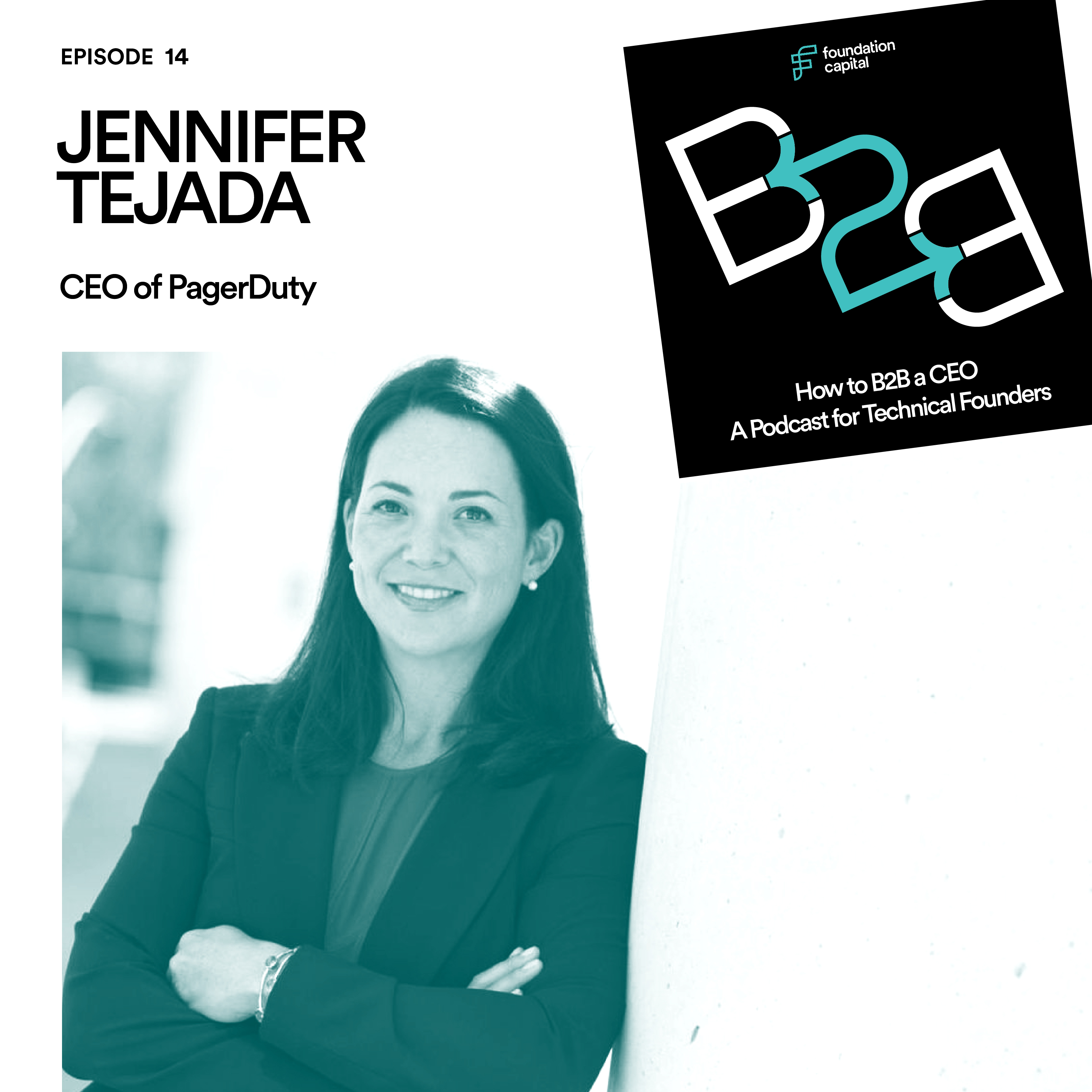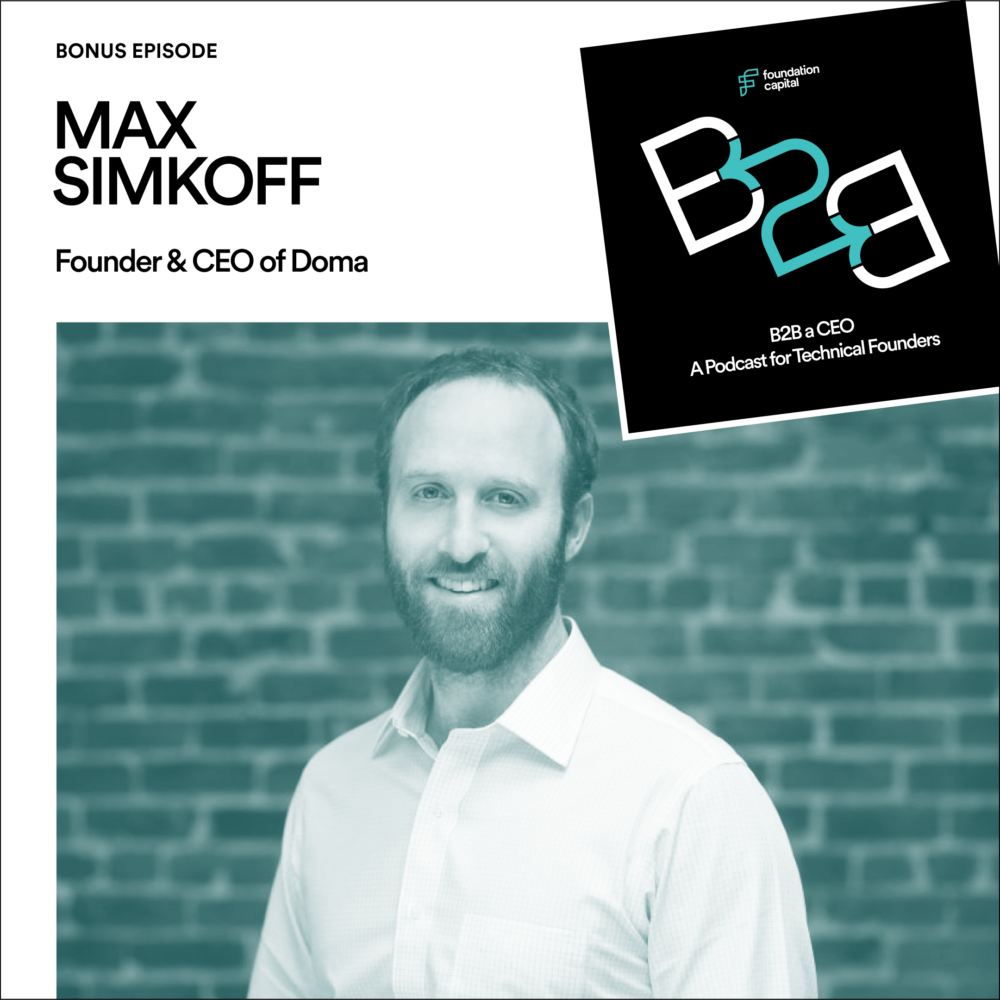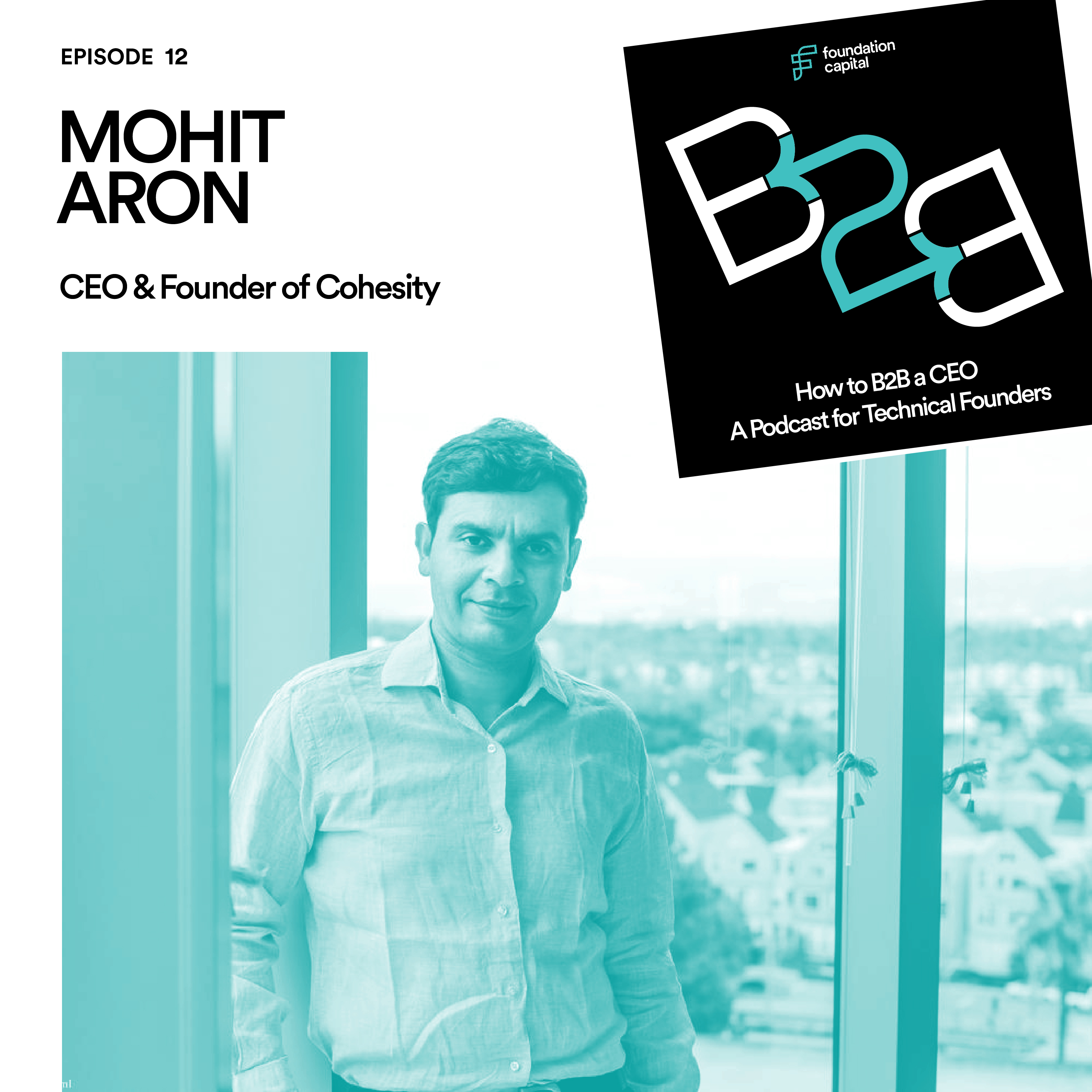EPISODE 10 – Part 2/2
How to Scale Company Culture
With Aaron Levie, CEO & Co-Founder of Box
By Ashu Garg
03.19.2019
LISTEN AND SUBSCRIBE:
NEWSLETTER / Apple Podcasts / Spotify / Google Podcasts / Simplecast
Aaron tells me how to scale your company while maintaining its culture and the benefits of going public.
I. Episode Recap
I continue my conversation with Box co-founder and CEO Aaron Levie, focusing on company growth. He tells me how he maintained company culture as Box scaled, why bringing on a COO was integral to achieving that scale, the pros and cons of going public, and he gives some advice to enterprise entrepreneurs on how to compete against the established tech giants.
Get Out of Your Own Way if You Want to Scale
Your company can’t scale if everything has to go through the CEO. Figure out what you do well and delegate your weaknesses.
Bringing in a COO
Once Aaron decided that he wanted to be Box’s CEO, the decision to hire a COO was an easy and obvious one. A COO allowed Aaron to focus on the parts of the job he enjoyed doing and who had the experience Aaron, as a young, first-time CEO, lacked.
The hard part was finding a COO who fit in with Box’s company culture and who Aaron would work well with.
The Culture of Box
As Box expanded, Aaron realized that establishing and reinforcing company culture was necessary, especially for new hires coming from other companies with their own values.
Box’s values:
- Blow customers’ minds
- Move faster than traditional enterprise companies
- Take risks but fail fast and correct mistakes quickly
- “10X” it: make your product 10 times better than what it’s replacing
- Bring your whole self to work
- Be authentic
- Make mom proud
Product-Market Fit
Aaron didn’t know anything about product-market fit when he was building Box. He thinks a product is ready for the market once:
- It’s something people want to use
- There are enough people who want to use it
- You have a way to get it to them
Use customer feedback to improve and refine your product until you think it’s polished enough to sell and then scale.
The Benefits of a Public Company
Aaron is in favor of going public—at the right time.
- Transparency and scrutiny forces a CEO to continuously build better business models and the company to perform
- Potential customers can see your company is healthy and viable
- Employee liquidity
The Downside of Going Public
It’s harder to make and justify long-term investments when you have a public demanding short-term gains.
Competing with the Tech Giants
Box started with a product that did something the brand-name enterprise companies didn’t and couldn’t imitate quickly enough. Aaron says enterprise entrepreneurs have to find the right gap in the market to go up against companies like Amazon and Microsoft.
- If your product is only solving a problem created by a gap in enterprise software, the tech giants will be able to swoop in with their own solutions.
- You must find a gap in the market large enough that only a new category of tech can solve it.
- Of course, if you’re only looking to get acquired, a product that just fills a gap in software will suit those purposes nicely.
Published on 03.19.2019
Written by Ashu Garg


